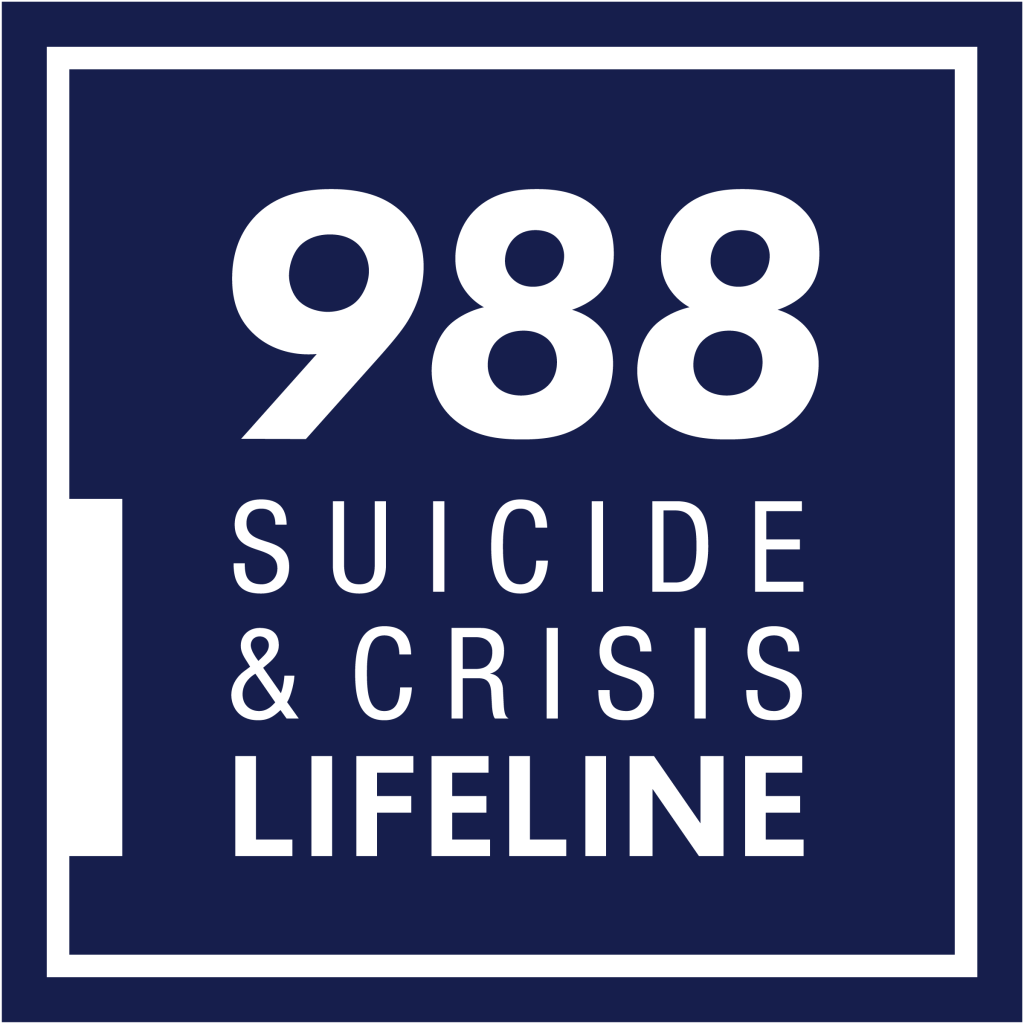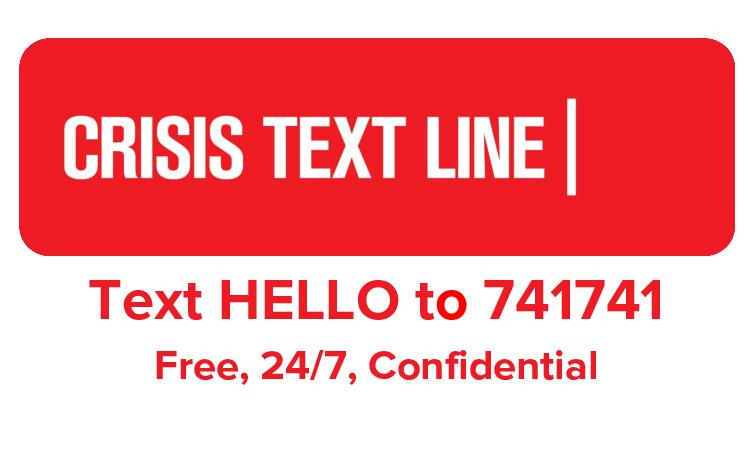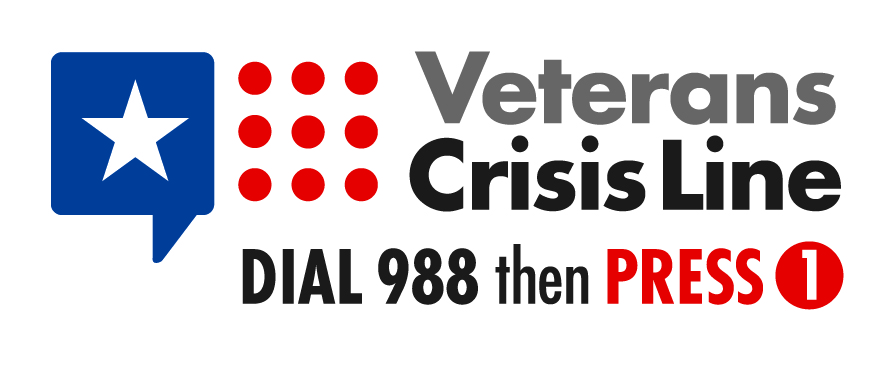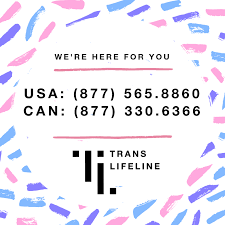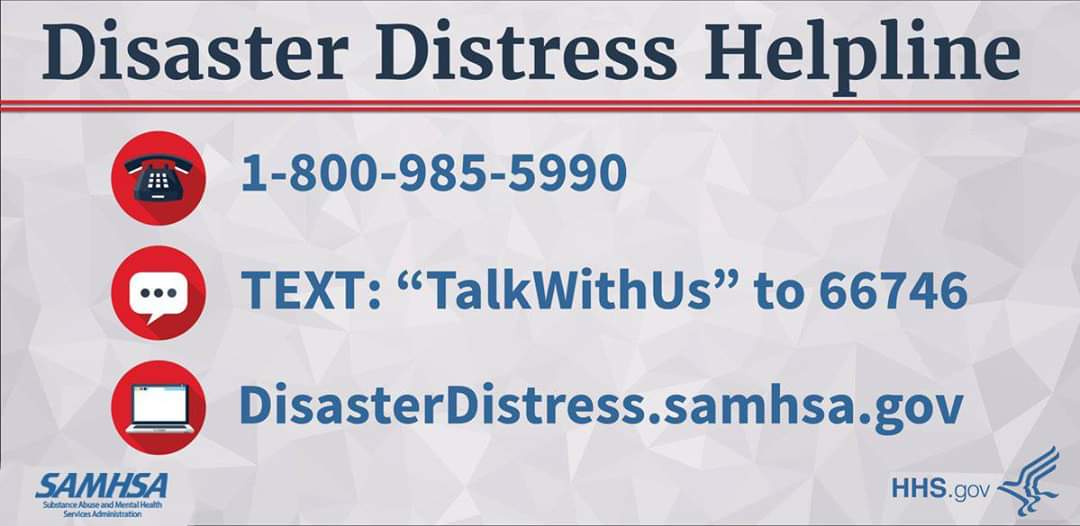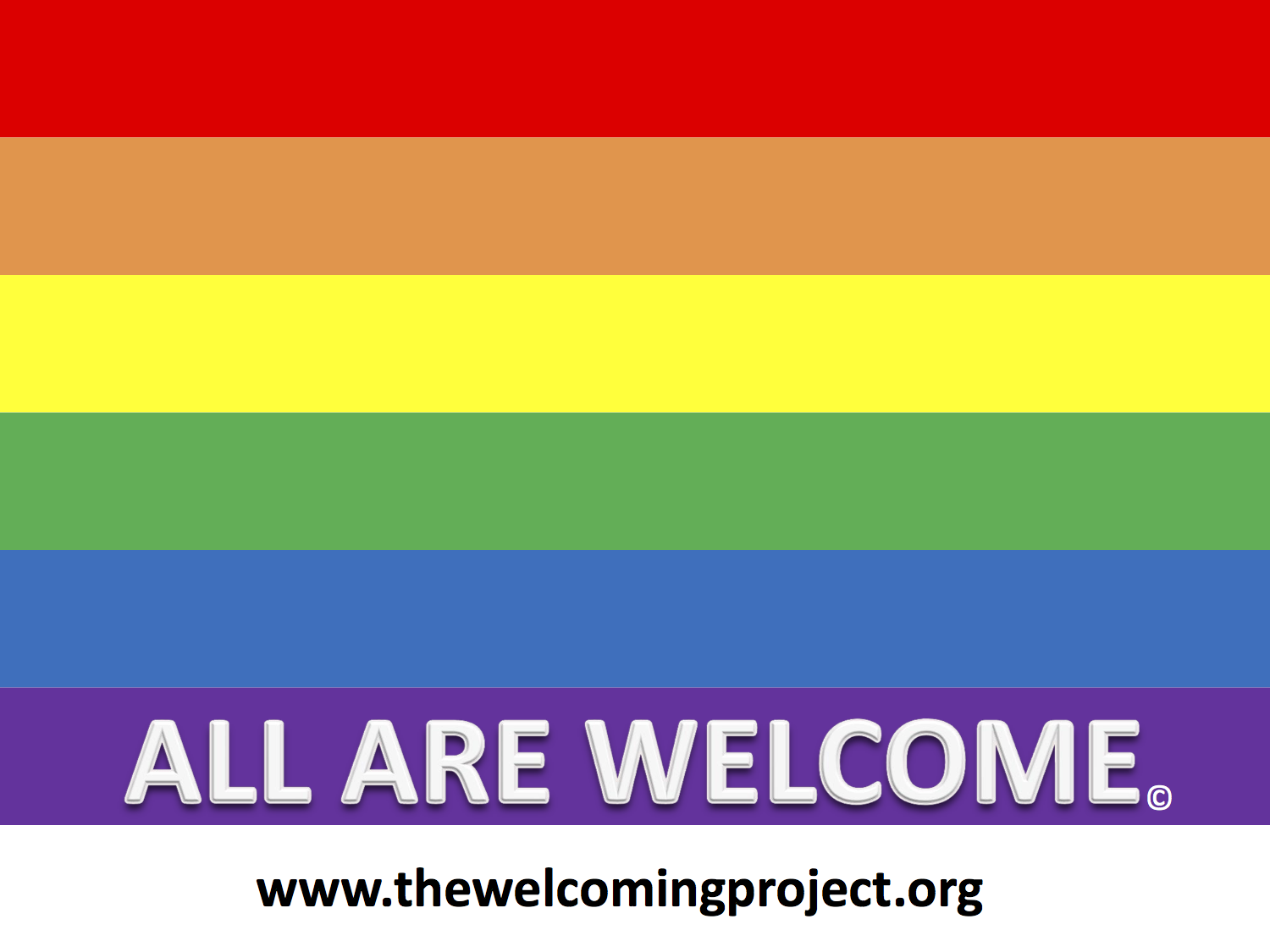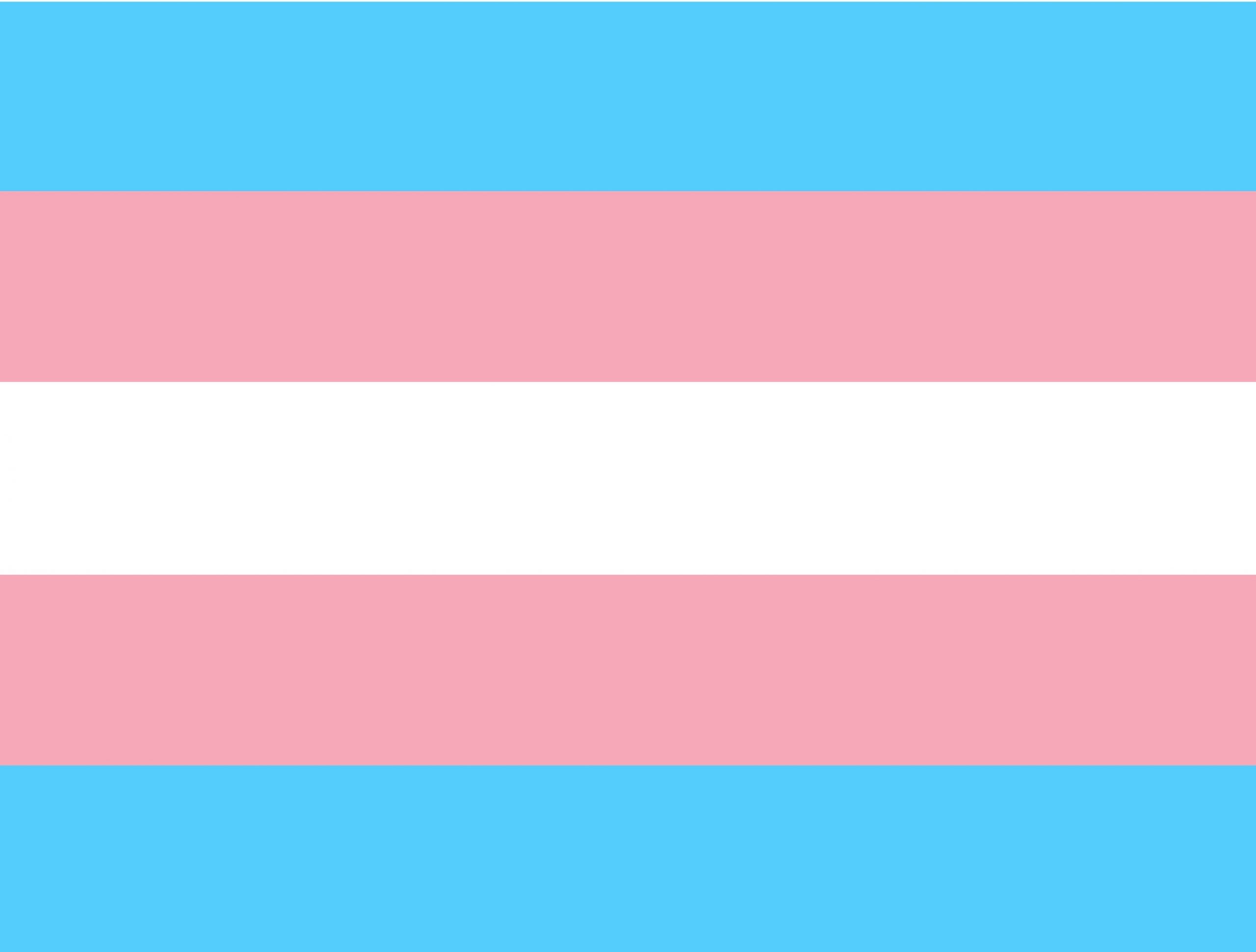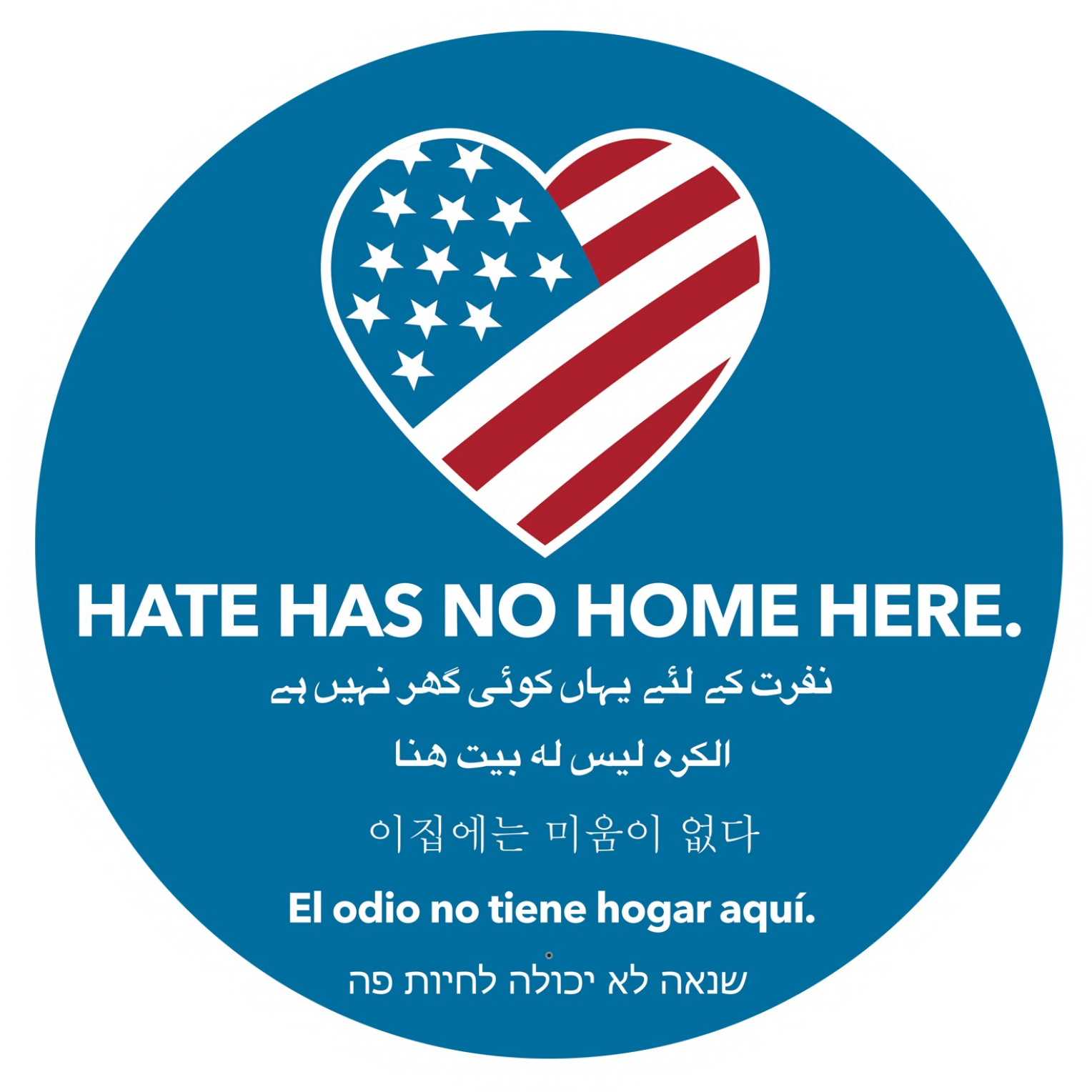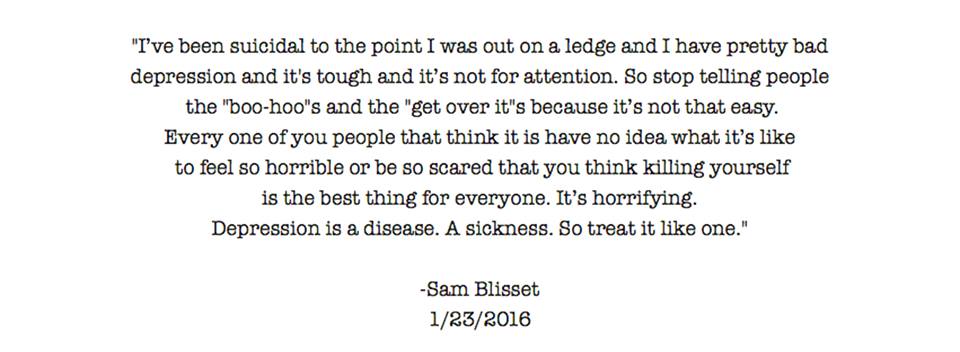
“What am I supposed to do without my son?” This is the question that I begged of the 911 operator when I called to report my son’s death. This is the question that our 13-year-old daughter, in a letter to her deceased older brother, said she would never be able to forget hearing me scream. This is the question that our family struggles every day to figure out how to answer.
On April 7, 2016, our sweet and silly Sam died of suicide. He was 19. Sam’s death shocked everyone who knew him. He was the last person anyone would think was depressed or suicidal. He was always smiling and goofy, doing anything to get a laugh out of those around him. He was involved in activities, running cross-country and track, playing percussion in the band, and playing ultimate Frisbee with several leagues. He was a lifeguard, and was studying to be a firefighter because he was so passionate about saving others. He was surrounded by friends and family who loved him deeply. None of that was enough to overcome the power of the depression that took his thoughts and emotions hostage.
Sam was diagnosed with depression less than 6 months before his death, but he had struggled with the illness since his early teens. Sam was quite adept at hiding his disease. He hid his feelings of failure, his feelings of worthlessness. He hid his thoughts of suicide. He was ashamed of his condition. This shame prevented him from asking for help, and no one thought to ask him if he needed it.
Following Sam’s death, our family received overwhelming support from our community. But we began to notice some troubling trends in the messages and conversations we were having. We were struck by how many people opened up to us about their experiences with depression and suicide, and we became acutely aware of the prevalence of these issues among young people. But even though many were relating to our situation, people (adults and youth alike) seemed to know very little about depression and suicide, or how to help someone who was struggling with these issues. Even still, there was an overwhelming movement to do something, to speak out, to have these difficult conversations. So our 17-year-old daughter wrote to her high school principal:
After a lot of talking with family and friends, I have decided that I want to start a mental health awareness/suicide prevention campaign at Centennial, and hopefully throughout the district. I know that my brother is not the first former/current student at Centennial to commit suicide.
Many students are posting on Sam’s social media pages, and contacting the family, saying they had to clue he was sick, and that they too are struggling with depression. That’s why I want to start a campaign. There are other students at the school, who are going to drag themselves out of bed in the morning, put on a happy face, and go throughout their day feeling alone and worthless. They are at Centennial. They don’t think see that there are others just like them. They think they are on their own to battle this sickness. They don’t see that they have people who care and that there are people who can help. They are extremely sick, and we need to teach people that depression should be taken just as seriously as any other disease, and that just like other diseases, they can get better.
I don’t want any other family to experience what mine is right now. Suicides can be prevented. My family only got 19 years with Sam. There should have been so much more. Sam did something permanent to solve a temporary problem. He was too sick to see how important he was, and how many people loved him and cared about him. He was too sick to see his worth. No one should feel this way. That’s why we need to start informing students about depression.
I hope you’ll allow us to start this campaign. I know we will have to go over details, and I’m sure there are school policies we would need to follow, but this is something that needs to be done. Students should not feel that taking their own lives is their best option.
Please help.
Her principal didn’t hesitate for a second. He wanted to help. Other faculty and staff at her school wanted to help. Our family members wanted to help. Our friends wanted to help. Other people we didn’t even know wanted to help. And so Rattle the Stars was born.
Our mission is to raise awareness about youth depression and other mental illnesses and to prevent suicide in teens and young adults. We accomplish this goal by starting the conversation and helping people talk openly and honestly about mental illness and suicide. We host and take part in events throughout the year to make sure that we keep these issues at the forefront in the community. We provide resources and supports for teachers, coaches, and others to build conversations about mental illness and suicide into their work with youth. We provide outlets for people who have been affected by mental illness and suicide to share their experiences and express their feelings.
Rattle the Stars is a message to those suffering with mental illness and suicidal thoughts that they are something special and that they do have something to offer the world. They are the world to people who love them. Rattle the Stars is a message to others that it only takes a small effort to make a big impact. We can all rattle the stars by supporting others, by reaching out, by speaking out, by lending a hand. You only have to help one person to be a hero.
What are we supposed to do without Sam in our lives? We are supposed to make sure that no other family has to ask themselves this question.



